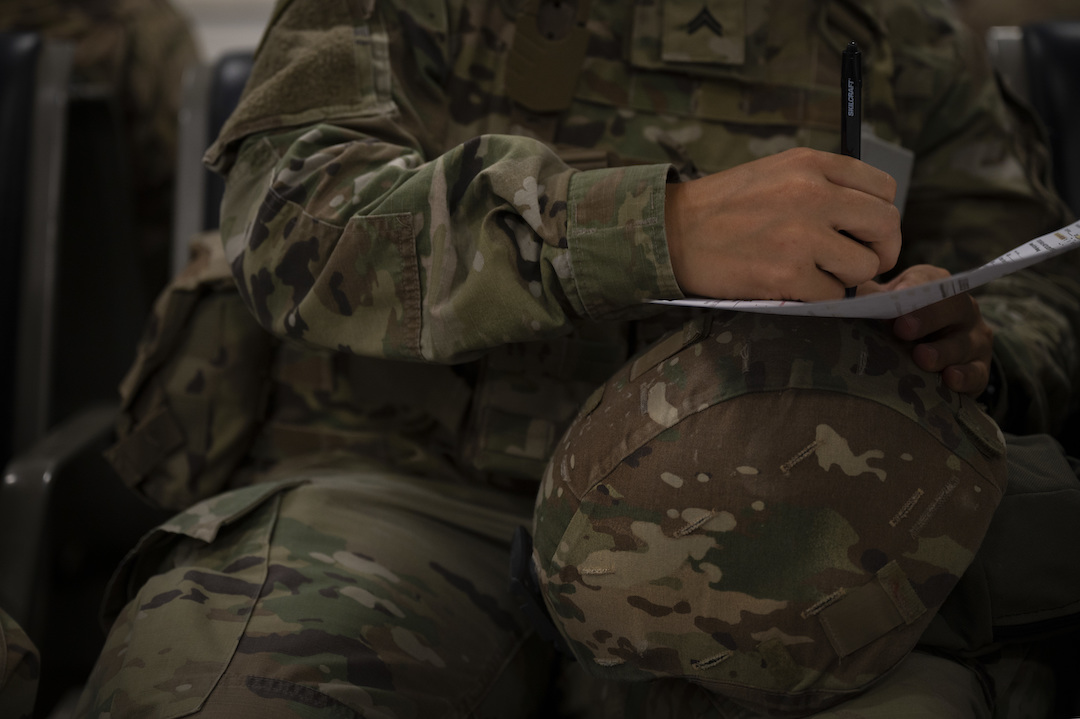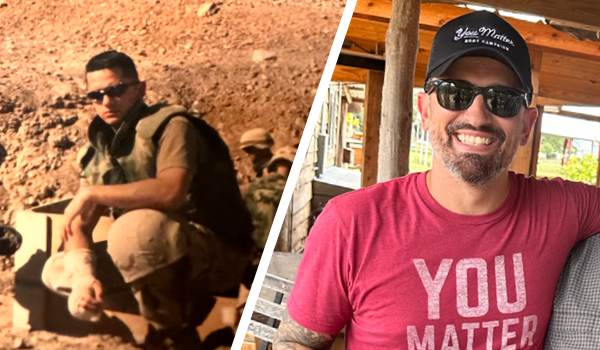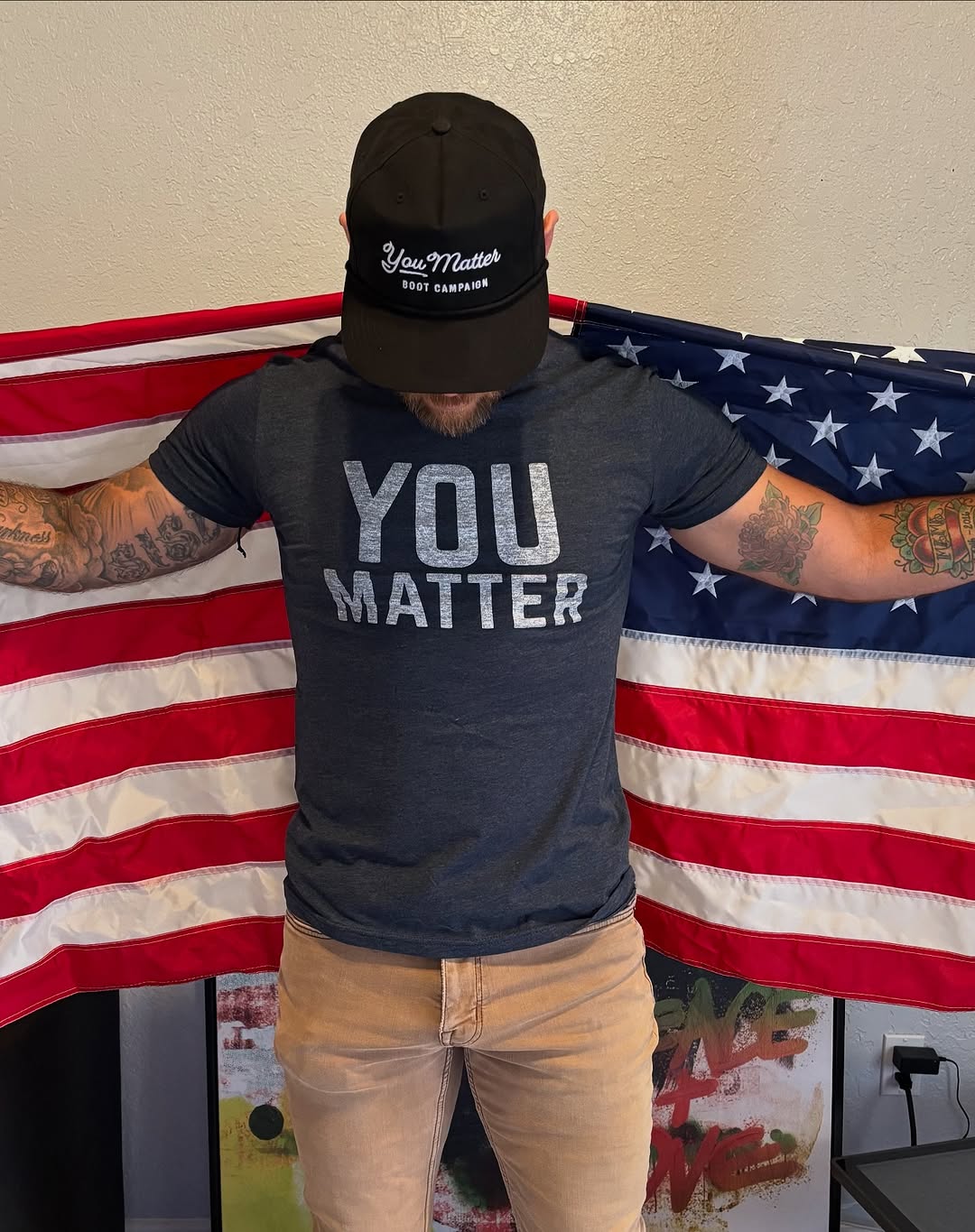Suicide Prevention Facts & Resources in 2024

As Suicide Prevention Month unfolds, it is vital for all Americans to come together and show support for the often unspoken mental health challenges that plague our nation and to shed light on a crucial issue impacting both the military and civilian community: suicide.
Whether you’re a service member or civilian, your role in raising awareness and fostering conversations is invaluable. Think of it like this – our military wouldn’t send men and women out to battle without the tools or knowledge to handle the challenges they or a fellow servicemember may face. In the same way, we need to equip ourselves with the tools and knowledge available to support one another’s mental health.
So what does that look like in 2024? The mental health landscape continues to evolve and grow – in some ways we talk about our struggles more, in other ways it is still a quiet, personal battle. This may be hard to read, but there is likely someone you know – service member or civilian – who is struggling right now with their mental health.
What We Know About the Suicide Crisis in America Today:
- Suicide is one of the leading causes of death in America.
- Suicide rates are notably higher among Veterans compared to the general population according to the National Institute of Mental Health (NIMH).
- The Department of Veterans Affairs (VA) reports that Veterans are 1.5 times more likely to die by suicide than non-Veterans.
- The Center for Disease Control (CDC) said more than 49,000 people in the United States died by suicide in 2022. In 2023, those numbers surpassed 50,000 suicide deaths.
What Are The Key Risk Factors to Look Out For:
- Mental & Physical Health Concerns: Depression, anxiety, PTSD, traumatic brain injury and chronic pain are prevalent in both military and civilian populations. The stressors associated with these conditions can significantly increase the risk of suicidal thoughts or actions.
- Life Transitions: Major life changes, such as transitioning from military to civilian life, can be challenging and may result in feelings of isolation or hopelessness.
- Substance Abuse: Alcohol and drug misuse can exacerbate mental health issues and increase the risk of suicidal behavior.
- Social Support: A lack of social support or feeling disconnected from friends, family, or community can heighten vulnerability.
How to Support Someone Who May Be in Crisis:
- Keep an Open Dialogue: Engage in open conversations about mental health and suicide to help reduce stigma and encourage individuals to seek help. Listen when they share their struggles. Creating a supportive, non-judgemental environment where people feel safe discussing their struggles is essential.
- Know & Share Available Resources: There are free, nationwide mental health resources that everyone has access to. For Veterans, specifically, the VA offers various programs and support services, including crisis intervention resources and mental health care. Similarly if a Veteran is in suicidal crisis, they can go to any VA or non-VA hospital for immediate and free emergency care. Civilians or Veterans in crisis can also reach out via text, phone or chat to 988 Suicide & Crisis Lifeline 24/7, 365 for free, immediate support.
- Promote Awareness: Make it known that you are someone who encourages mental health conversations within your friend group. Share how you prioritize your own mental health and encourage check-ins to periodically keep tabs on how others are doing.
The impact of one person’s efforts to be educated on the early warning signs and resources available can be life-saving. Even just sharing the two simple words YOU MATTER can turn someone’s mind or outlook around. Our words and our actions have power.











